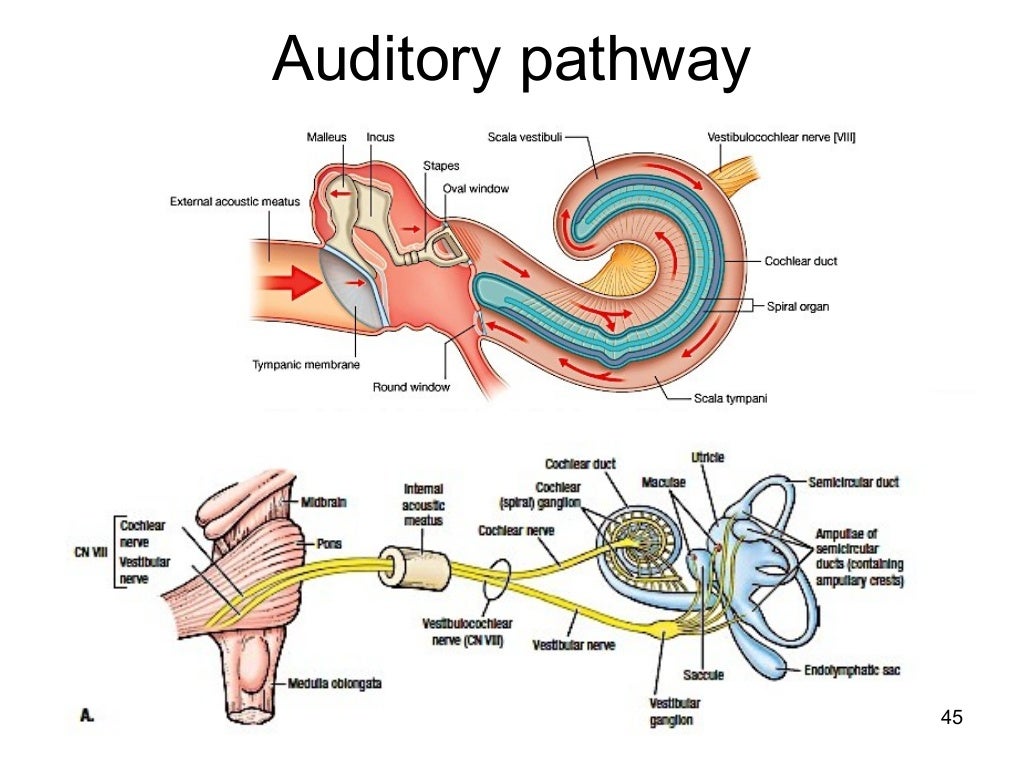
Adults may also develop auditory neuropathy along with age-related hearing loss.Īuditory neuropathy runs in some families, and in some cases, scientists have identified genes with mutations that compromise the ear’s ability to transmit sound information to the brain. In addition, some drugs used to treat pregnant women or newborns may damage the baby’s inner hair cells, causing auditory neuropathy. These problems include inadequate oxygen supply during or prior to birth, premature birth, jaundice, low birth weight, and dietary thiamine deficiency.

Some children diagnosed with auditory neuropathy experienced particular health problems before or during birth or as newborns. There are several ways that children may acquire auditory neuropathy. Are there risk factors for auditory neuropathy? When hearing is working normally, the inner hair cells convert these vibrations into electrical signals that travel as nerve impulses to the brain, where the brain interprets the impulses as sound.Īlthough outer hair cells-hair cells next to and more numerous than inner hair cells-are generally more prone to damage than inner hair cells, outer hair cells seem to function normally in people with auditory neuropathy. Outer hair cells help amplify sound vibrations entering the inner ear from the middle ear. What are the roles of the outer and inner hair cells?

A combination of these problems may occur in some cases. Other possible causes may include inheriting genes with mutations or suffering damage to the auditory system, either of which may result in faulty connections between the inner hair cells and the auditory nerve (the nerve leading from the inner ear to the brain), or damage to the auditory nerve itself. In other cases, the cause may involve damage to the auditory neurons that transmit sound information from the inner hair cells to the brain. In some cases, the cause may involve damage to the inner hair cells-specialized sensory cells in the inner ear that transmit information about sounds through the nervous system to the brain. Researchers report several causes of auditory neuropathy. Sounds may fade in and out or seem out of sync for these individuals. For example, a person with auditory neuropathy may be able to hear sounds, but would still have difficulty recognizing spoken words. People with auditory neuropathy have greater impairment in speech perception than hearing health experts would predict based upon their degree of hearing loss on a hearing test. They always have poor speech-perception abilities, meaning that they have trouble understanding speech clearly.

When their hearing sensitivity is tested, people with auditory neuropathy may have normal hearing or hearing loss ranging from mild to severe. The number of people affected by auditory neuropathy is not known, but current information suggests that auditory neuropathies play a substantial role in hearing impairments and deafness. It can affect people of all ages, from infancy through adulthood. Congressional Testimony and the NIDCD BudgetĪuditory neuropathy is a hearing disorder in which the inner ear successfully detects sound, but has a problem with sending sound from the ear to the brain.Research Training in NIDCD Laboratories (Intramural).Types of Research Training Funding Opportunities.About NIDCD's Research Training Program.Scientific Workshop and Meeting Reports.Building a Diverse Scientific Workforce.


 0 kommentar(er)
0 kommentar(er)
